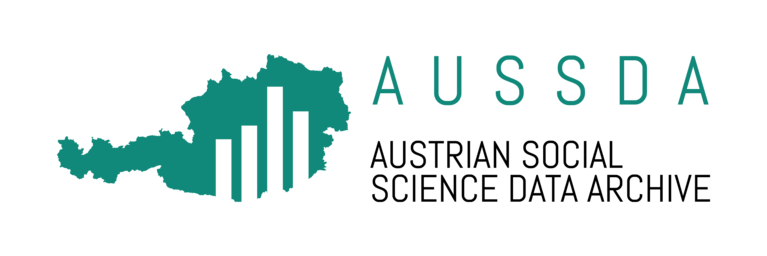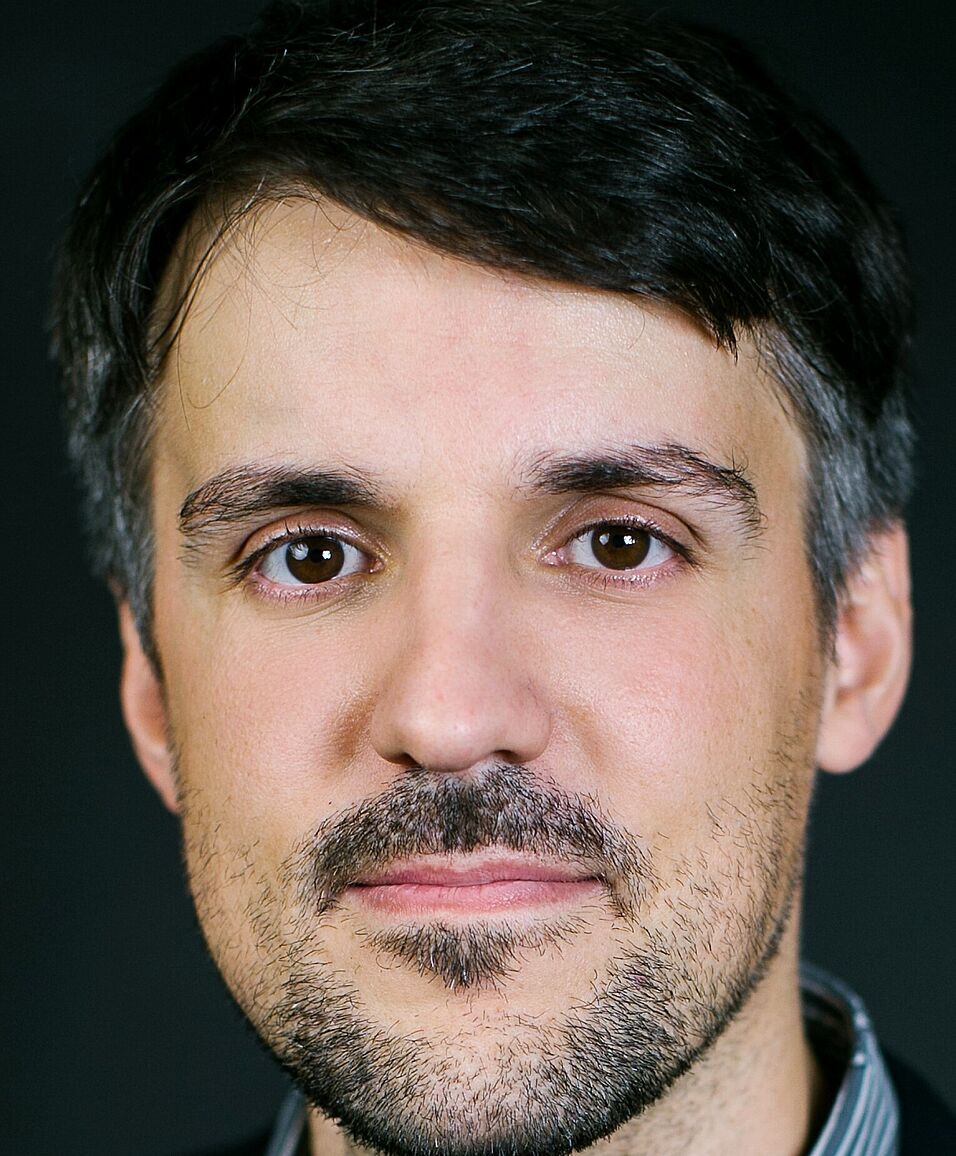What is the study about?
We wanted to investigate how the pandemic affects school children and students - how they are doing, how they adapt to new learning situations and how they deal with new challenges. The learning situation as well as the living conditions and strains have changed again and again in the course of the pandemic. In spring 2020, the uncertainty and also the fear were very great: the situation was completely new for everyone, the virus was still completely unknown, and no one knew from one day to the next how things would proceed. Since then, we have found out more and more about the virus, the uncertainty decreased, but fatigue and frustration are growing. This development and its effects on the students' well-being and learning behaviour are reflected in our project.
What is the most exciting aspect of the study for you? Were there any surprising results?
We had expected a high level of psychological stress and found this to be the case overall. What surprised us, however, was that the pupils and students interviewed also reported many positive developments. For example, there was a certain gain in competence in dealing with digital forms of schooling, but also in self-regulated learning. Also, the burden did not seem to be equally heavy for everyone. Due to the high practical relevance, we find it particularly exciting to identify concrete risk groups and to try to find ways to ease their situation.
Why did you decide to make the data freely available?
Science is a process that is characterised by two features, among others: It is collaborative and it is self-correcting. This means, on the one hand, that scientists make progress by building on the findings of others and working together, and, on the other hand, that errors and misconceptions are compensated for by researchers checking and correcting each other. These two characteristics ensure the quality of scientific knowledge, and both are only possible if data is freely available.
- Marko Lüftenegger has been a tenure-track assistant professor for educational and developmental psychology at the Faculty of Psychology and the Centre for Teacher Education at the University of Vienna since 2017. In 2019, he received the Venia Lengendi for psychology. His research areas include (1) emotions and motivations in educational contexts, (2) student and teacher performance goals, (3) self-regulated learning and teacher burnout, and (4) evaluation of programmes and trainings (e.g. training measures in education). His research has been published in more than 60 articles in high-rank journals (e.g. Journal of Educational Psychology, Contemporary Educational Psychology, Teaching and Teacher Education) and has been cited more than 1000 times. He is also an editor and reviewer for various journals (including the editorial board of Learning and Instruction). Marko Lüftenegger is currently leading the projects "Learning under Covid-19 Conditions", "100 Schools, 1000 Chances: Understanding and Supporting Schools in Challenging Situations" and "PRO-SRL-TRANSFER: Product- and Process-Oriented Modelling and Assessment of Self-Regulated Learning Competencies in Tertiary Education", which are funded by third parties.

